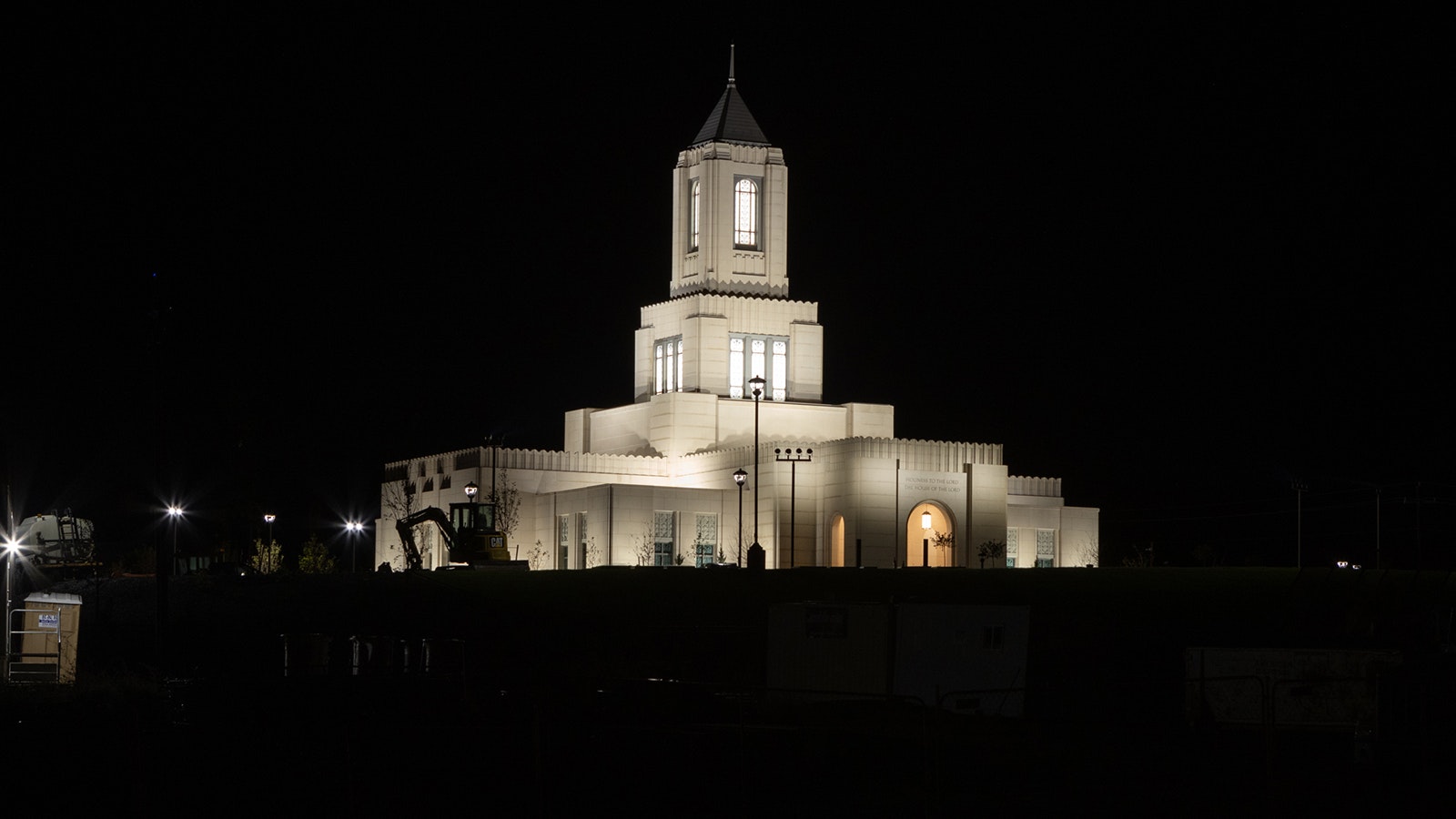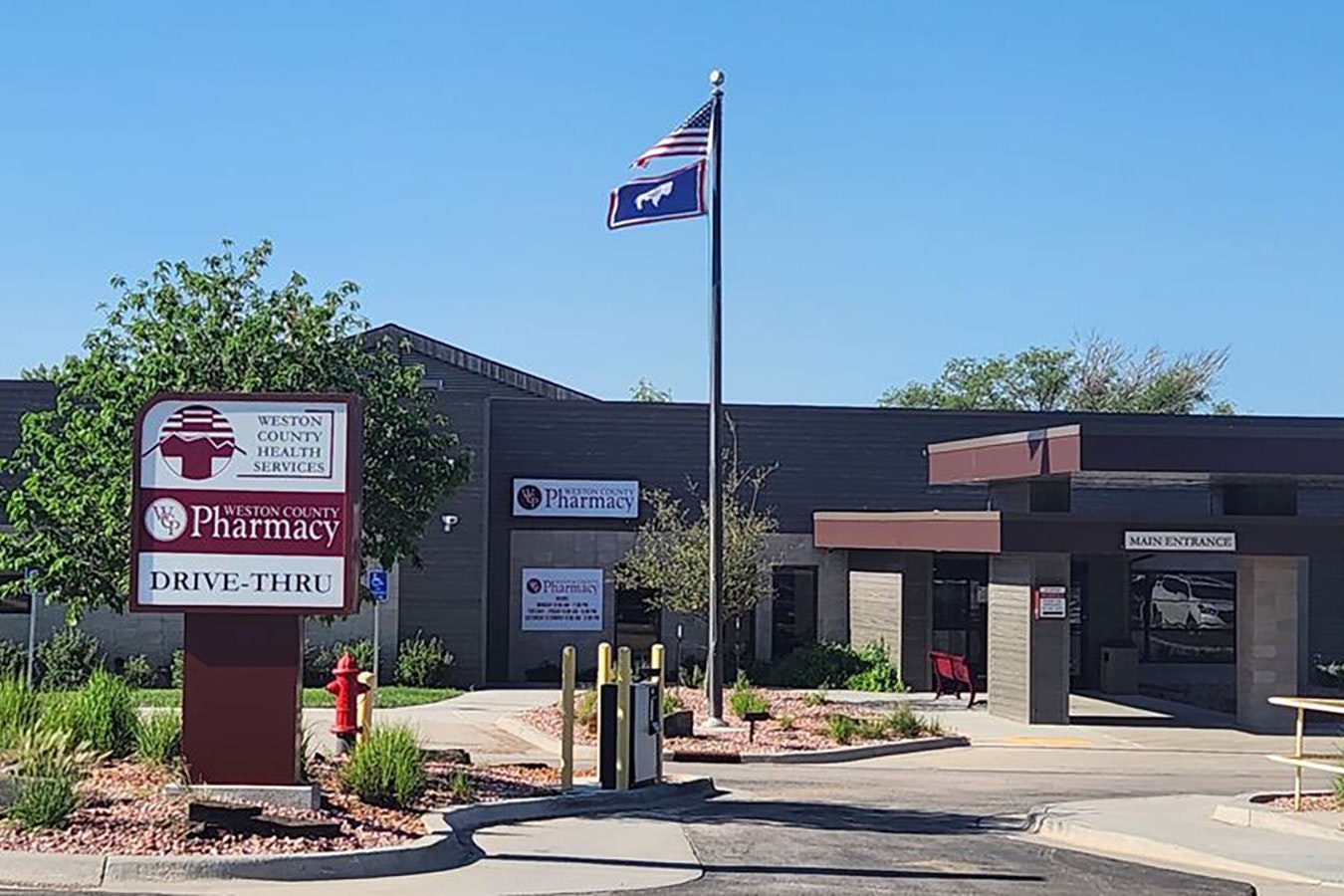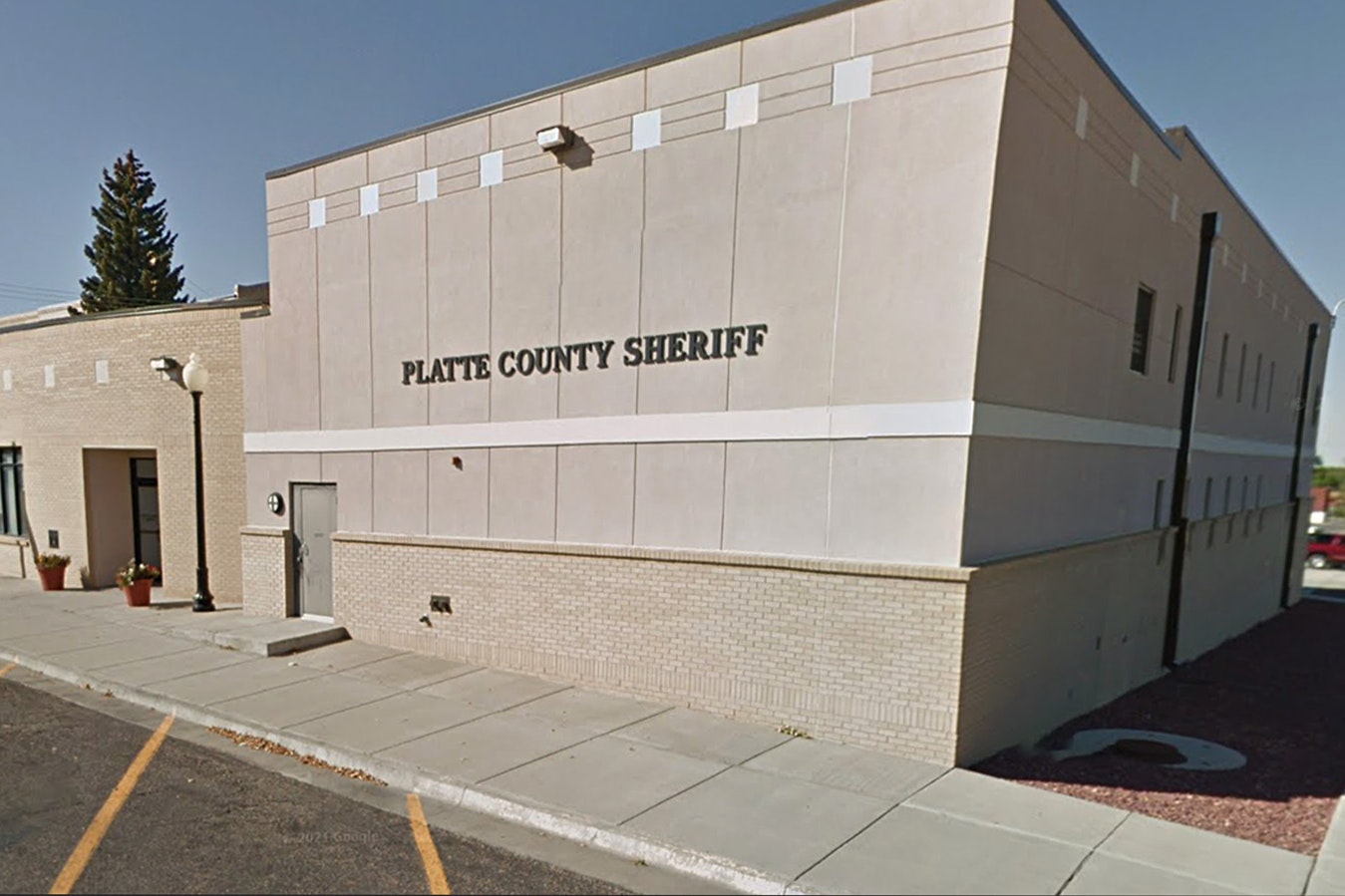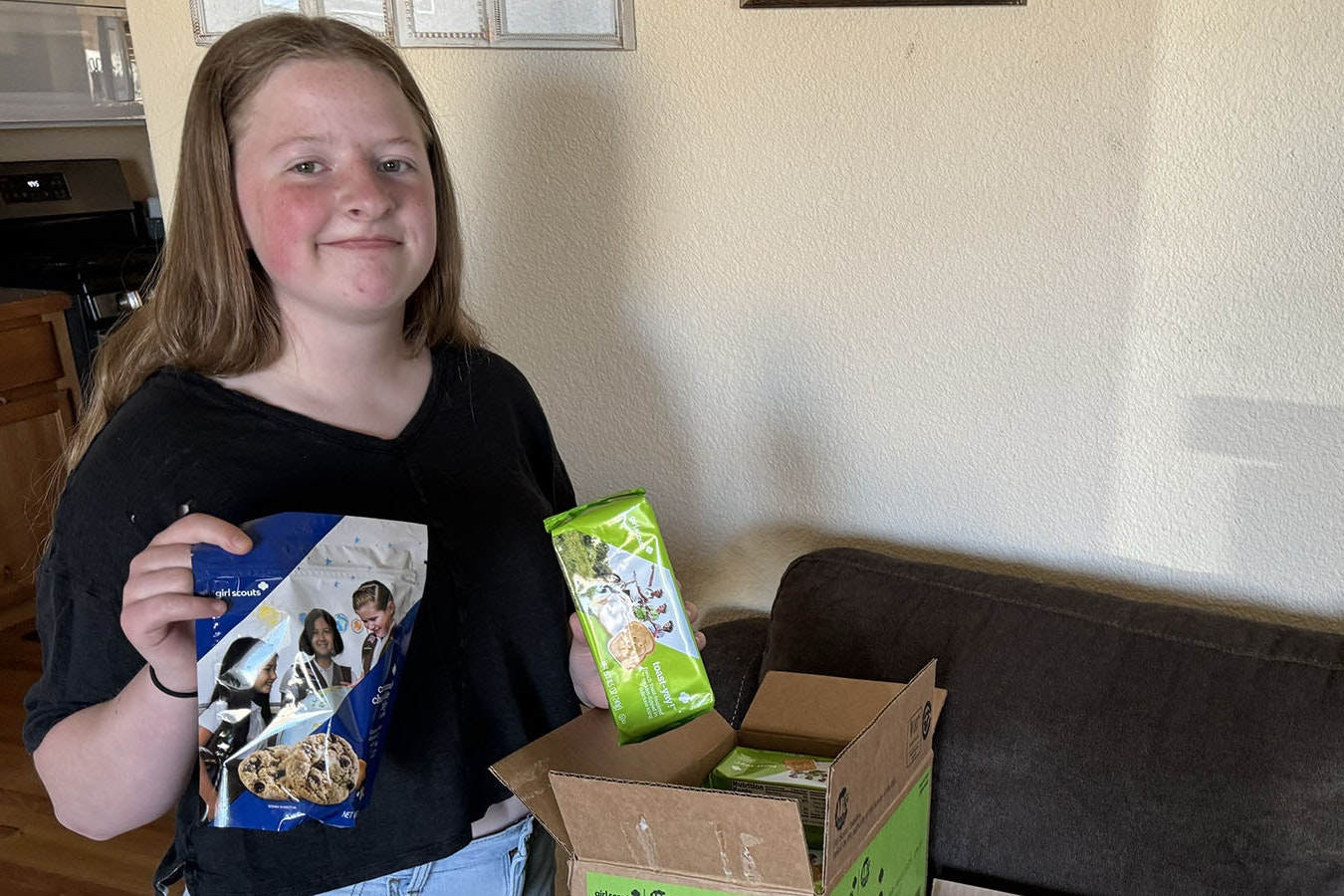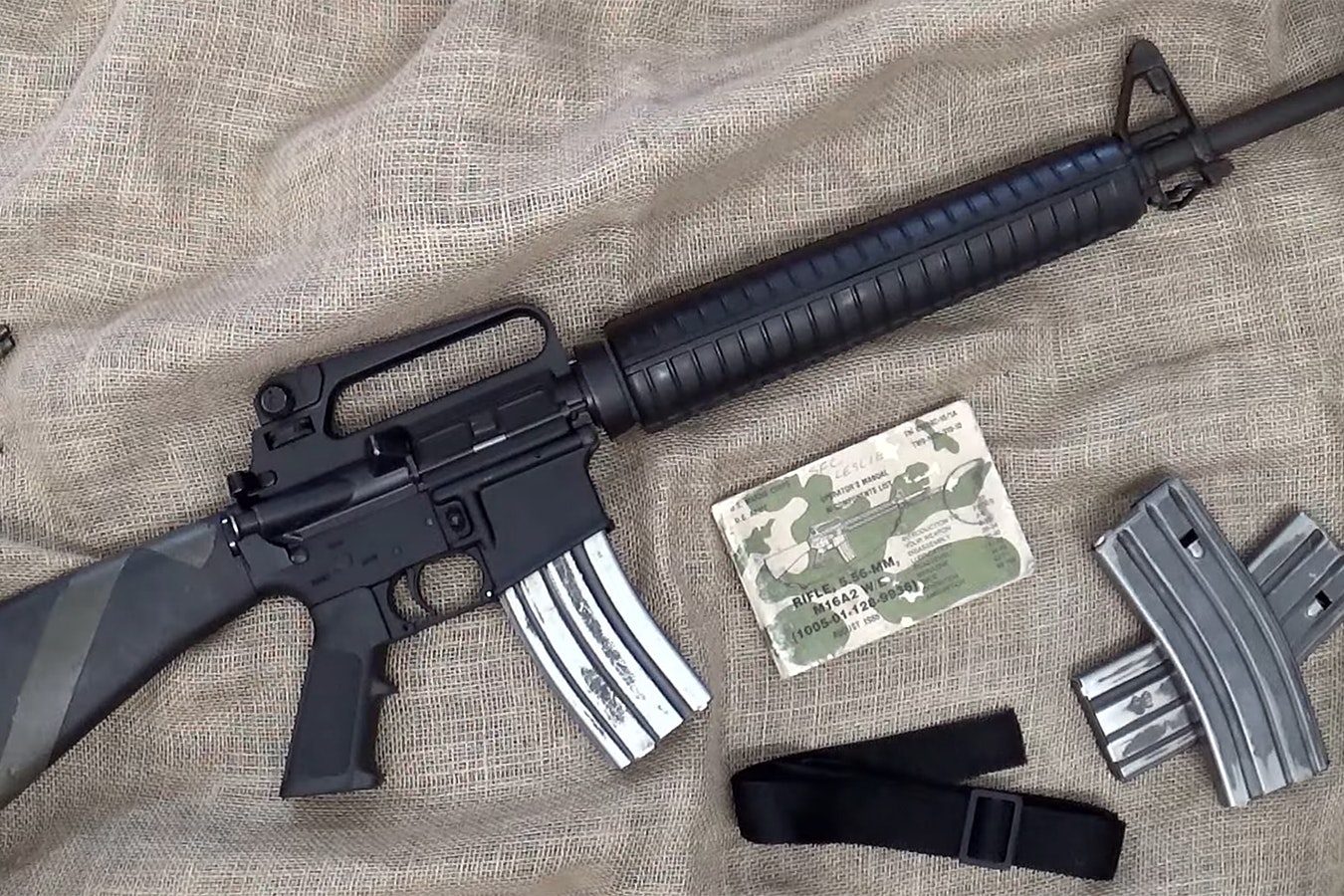The Church of Jesus Christ of Latter-day Saints doesn’t want nearly 4,000 public records added to a lawsuit opposing its construction of a controversial temple in Cody.
Representatives from the church, the city of Cody and a neighborhood group opposing the project argued Monday for and against the submission of public records detailing communications among city officials about the proposed temple before it was approved.
Both the church and city don’t want the records, which are being introduced into the lawsuit by a neighborhood group seeking to block construction of the temple.
In September, the city provided a dump of nearly 4,000 public records related to Cody Planning and Zoning Board and city staff communications about the temple, 72 days overdue from the original records request.
The public records reveal that multiple members of the Cody Planning and Zoning Board suspected the city planner and attorney had conflicts of interest with the church that influenced the advice they gave to the board about the LDS temple project.
Does It Matter?
The 101-foot tall temple had already been approved a month prior by the Planning and Zoning Board before the release of the records.
Kendal Hoopes, an attorney representing the church, said Monday that the records are being introduced to “collaterally attack a decision made by merit of the board” rather than target whether the board was legally allowed to make the decision it did.
“The neighborhood group’s motion is not supported by law,” Hoopes said. “They are attempting to do in a stay (temporary injunction) what they couldn’t do on appeal.”
Hoopes said the communications do not prove bias or conflict of interest on the part of city staff, as the neighborhood group has concluded.
“It was very broad and construed as such,” Hoopes said.
He also mentioned how Cody City Planner Todd Stowell openly admitted he is a member of the church at the start of the project approval process.
The plaintiffs opposing the temple, Preserve Our Cody Neighborhoods, also have requested that expert testimony from a paid consultant from Nebraska and 19 affidavits from homeowners living near the proposed temple site also be included as evidence for the temporary injunction hearing.
They have argued the evidence should be allowed because of the likelihood of winning a temporary injunction to halt the temple, and the irreparable harm they will suffer if the temple is built.
The church argues that the public at large — and specifically the neighborhood group —already had adequate chances to oppose the project over a series of public hearings held last summer. Hoopes said allowing in new evidence now would negate the authority of the Planning and Zoning Board, and that the case shouldn’t be allowed to go to a trial or have new evidence.
“If the court takes in new evidence and considers it on merits, it defeats administrative review and usurps the body,” he said.

Legal Precedent
Sheridan attorney Deb Wendtland, representing the neighborhood group, argued that the evidence could be allowed if Johnson County Judge John R. Perry determines that misconduct or fraud was engaged by somebody in the administration of the law.
Both sides referenced a 1972 legal battle in Goshen County over the consolidation of school districts. This case seesawed between district court to the Wyoming Supreme Court and back again to district court. One of the determinations made at the Supreme Court level was that the district court should have allowed supplemental evidence to be considered.
Wendtland also argued that the temple project could be remanded back to the Planning and Zoning Board for reconsideration if the court rules in the neighborhood group’s favor. She said this was the scenario that played out in a 1973 appeal of the Johnson County case and a 1975 case in Fremont County produced a similar result.
Wendtland requested the evidence also would be something the Planning and Zoning Board could consider in the event the project is brought back for reconsideration.
Perry didn’t make a ruling on the evidence Monday, but said he will make a decision before Christmas.
Leo Wolfson can be reached at leo@cowboystatedaily.com.

